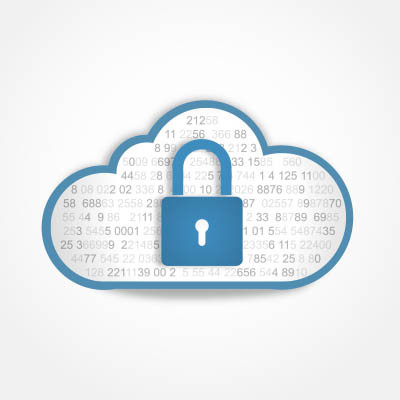Directive Blogs
Securing Cloud Resources is More Critical than Ever
Cloud computing as a whole has been one of the most transformative technologies for businesses. With so many companies (upward of 90 percent of modern businesses) using some type of cloud computing, more companies than ever are really leaning into the technology and use it for mission critical business processes. Let’s take a look at some of the ways businesses can secure their cloud resources.
Encryption
Encryption ensures that data is converted into a secure format before being stored in the cloud. Advanced encryption technologies now enable data to be encrypted both at rest (when stored) and in transit (when being transferred between systems). This makes it extremely difficult for unauthorized users to access sensitive information without the encryption key.
Zero Trust Security
The zero trust model assumes that no one, whether inside or outside the organization, is automatically trusted. New zero trust architectures verify each user and device before allowing access to cloud data, using methods like multi-factor authentication (MFA), identity verification, and continuous monitoring of activities.
Artificial Intelligence and Machine Learning
AI and ML are being used to detect and prevent security threats in real time. These technologies can analyze patterns, identify unusual activities, and work to predict potential risks before they become problems for your business. AI also automates security tasks, allowing security teams and network administrators to respond faster.
Secure Access Service Edge
SASE combines network security functions such as secure web gateways and zero-trust network access, with wide-area networking capabilities. SASE helps businesses control how their data is accessed and ensures security policies are enforced consistently across all locations and devices.
Data Loss Prevention
DLP technologies monitor cloud data for any potential leaks or breaches. It helps prevent sensitive information from being accidentally or intentionally shared with unauthorized users. By using automated tools, DLP ensures that critical business data stays within the company’s security perimeter.
Blockchain Technology
Finally, blockchain is being explored for securing cloud data by ensuring tamper-proof data transactions and distributed storage. Blockchain’s decentralized nature provides strong protection against unauthorized access, as changes to the data require consensus across a network, making it harder for attackers to manipulate records.
If your business—like many others—relies heavily on the cloud, you need to understand the best ways to secure your data in transit and to protect your business overall. Give the IT experts at Directive a call today to learn more about cloud security.


